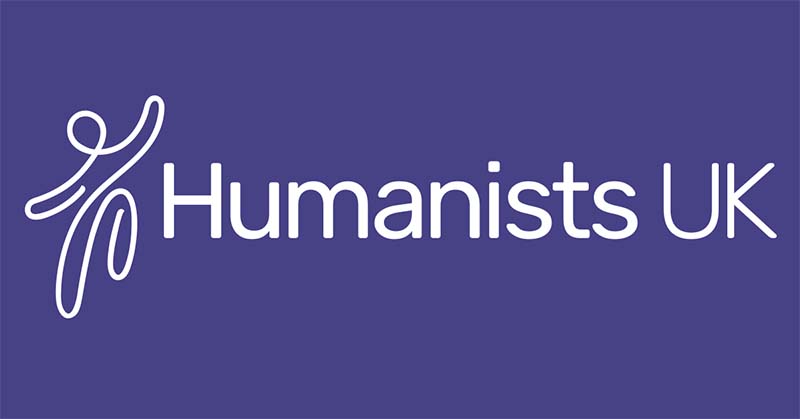
Humanists tell Westminster Govt: ‘ban repentance’
Humanists UK have published their response to the Westminster Government’s consultation on banning conversion therapy.
Despite claiming to be “strong advocates for freedom of religion or belief”, they call for any ban to include: “verbal communications … such as confessions/repentances, non-violent exorcisms, faith declarations, fasting, pilgrimages, and attendance on religious courses”. They also welcome the conversion therapy law in Victoria, Australia, which explicitly bans prayer.
Repentance
As one of the UK’s largest explicitly anti-religious organisations, Humanists UK will be well-aware of how central ‘repentance’ is to the Christian faith.
Repentance is at the heart of ‘conversion’ – it means turning away from sinfulness and towards God. Repentance is inseparable from becoming a Christian.
By calling for ‘repentance’ to be explicitly outlawed in some circumstances, Humanists UK is really calling for legal limits on who can turn to Christ. It is a clear and direct attack on Christian beliefs and theology.
Faith Declarations, Fasting and Religious Courses
Before a recent rebrand, Humanists UK used to state in their trust deed that they want a society “free from theistic or dogmatic beliefs and doctrines”. Only the most oppressive regimes in the world have attempted such policy. This latest intervention confirms that, whilst they may have changed their trust deed, Humanists UK haven’t changed their minds.
Banning ‘faith declarations’ would be an incredibly repressive move. Christians make declarations of their faith in many settings – some recite historic creeds every week, others make declarations in order to become members or leaders of their churches. Presumably banning ‘faith declarations’ would also mean outlawing baptism.
Then there’s fasting. In the Christian faith, missing a meal in order to pray and seek God is a personal choice. But church leaders could fall foul of the law if they advocate fasting as a practice for the faithful.
Banning “attendance on religious courses” sounds like an atheist's dream. Courses taken in preparation for baptism, confirmation or church membership often cover Christian living, including sexual ethics. If the Humanists got their way, pastors would be playing with fire when they ask church members to keep the Bible’s teaching.
Genuine Abuse
When the public hears about a ban on ‘conversion therapy’, they think of electro-shock therapy and other pseudo-medical practices. Activists describe horrific actions like ‘corrective rape’ and physical abuse. But these are already illegal.
Increasingly, however, campaigners have made it clear that they want ordinary Christian beliefs banned alongside genuine abuse. Many explain that they want prayer and pastoral conversations outlawed. There are disingenuous attempts to win theological battles by calling some Christian teachings ‘harmful’.
There are many who dislike Christians calling for repentance from sin, asking people to confess their wrongdoing, or to make declarations of faith. But listing such practices alongside abuse is exploitive and manipulative. Politicians will have to ensure mainstream religious practice is not restricted in any new legislation on conversion therapy, no matter how strident the objections from anti-religious groups.
New Irish Govt Programme, same ‘conversion therapy’ promise
2026-01-30 09:42:59The Traitors and the misguided conversion therapy debate
2026-01-23 15:07:47The Traitors and the campaign to ban ‘conversion therapy’
2026-01-16 07:47:52
